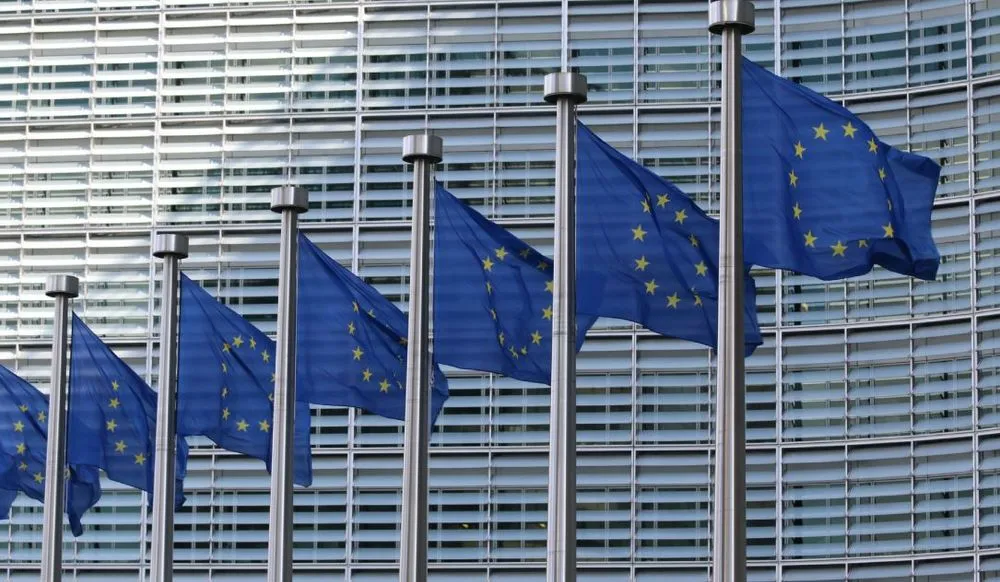EU to assess risks posed by four key technologies and consider export controls
The European Commission has established a list of four key technologies that may pose a risk to the bloc’s economic security, and is set to assess whether it will impose export controls on them.
Technologies around artificial intelligence, advanced semiconductors, quantum computing and biotechnology are “considered highly likely to present the most sensitive and immediate risks,” the Commission announced on Tuesday.
The Commission aims to complete risk assessments of these four key technologies by the end of this year. A further six technologies will be assessed at a later date, as part of the European Economic Security Strategy announced in June.
That strategy intended to set out “a number of actions to be taken to address risks to the resilience of supply chains, risks to the physical and cyber security of critical infrastructures, risks related to technology security and technology leakage, and risks of weaponization of economic dependencies or economic coercion.”
The Commission said it made the recommendation to make the risk assessments without prejudging what the outcomes of those assessments may be, such as export controls.
“Technology is currently at the heart of geopolitical competition and the EU wants to be a player, and not a playground,” said the Commission’s vice-president Věra Jourová.
“To be a player, we need a united EU position, based on a common assessment of the risks. With this approach we will remain an open and predictable global partner, but one who nurtures its technological edge and addresses its dependencies. Our single market will only get stronger as a result in all its parts,” she added.
Although the bloc’s executive said the assessment would not focus on any third countries and the recommendation does not name China, the move comes as the European Union pursues its policy of “de-risking” rather than “decoupling” from China.
“We need to continuously monitor our critical technologies, assess our risk exposure and — as and when necessary — take measures to preserve our strategic interests and our security,” said Thierry Breton, the commissioner for the internal market.
“Europe is adapting to the new geopolitical realities, putting an end to the era of naivety and acting as a real geopolitical power,” Breton added.
Alexander Martin
is the UK Editor for Recorded Future News. He was previously a technology reporter for Sky News and is also a fellow at the European Cyber Conflict Research Initiative.



